Kids should be able to enjoy their childhoods without the worries of adult problems.
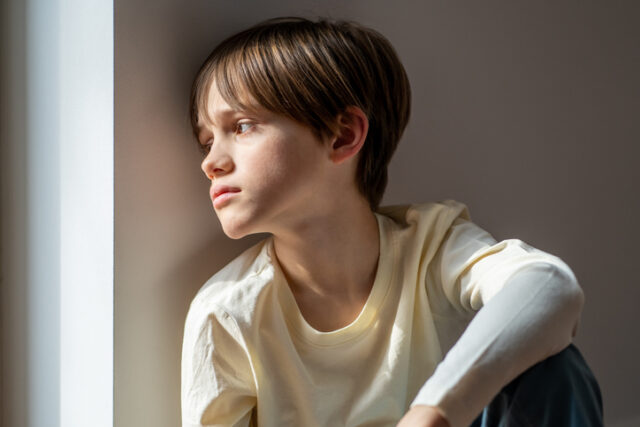
Sadly, that’s not the case for everyone, and you may have been forced to grow up way before your time. It wasn’t your fault, and it wasn’t fair, but regardless, the experience shaped who you became as a person in both good and bad ways. Here are some sad signs you never got to experience the true joy of a carefree childhood.
1. You struggle to relax.
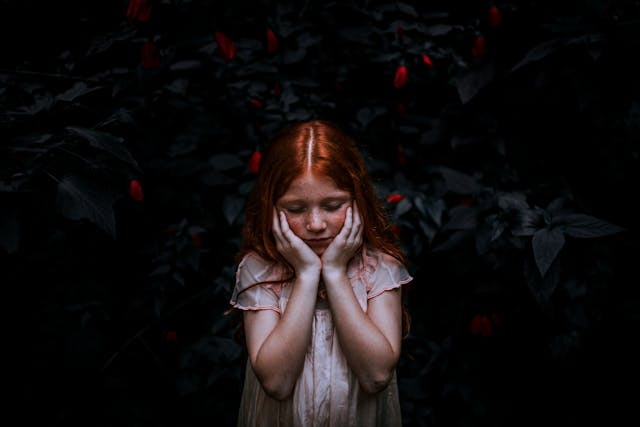
When responsibilities pile up early in life, you might have never learned how to truly let go and unwind. Even when there’s nothing to worry about, your mind may still search for something to fix or plan. Relaxation can feel unfamiliar, almost like a skill you never had the chance to develop.
2. You feel like you always have to be “the strong one.”
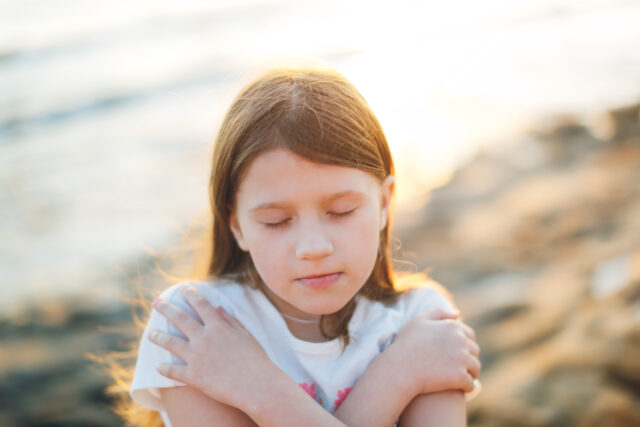
If you were leaned on for emotional or physical support as a kid, you might carry that into adulthood. Being the dependable one can feel like second nature, but it often comes at the expense of your own needs. It’s hard to ask for help when you’ve always been the one providing it.
3. Playfulness feels unnatural to you.
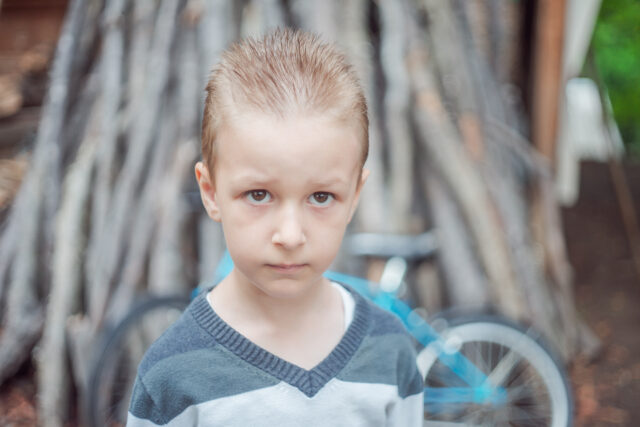
For some, growing up too quickly means losing the ability to be carefree. Situations that call for lightheartedness or fun might make you feel awkward or self-conscious. It’s as if you skipped the part of life where you got to enjoy things without overthinking them.
4. You overthink every decision.
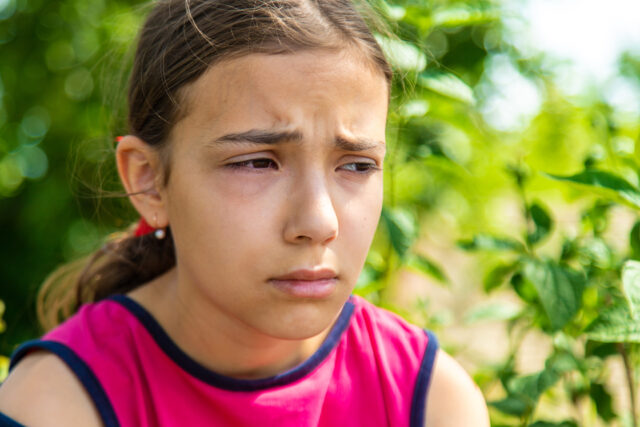
When you’ve had to take on adult-like responsibilities early, decision-making can feel overwhelming. You might feel pressure to get everything exactly right because mistakes weren’t an option when you were younger. It’s a habit that sticks with you, even when the stakes aren’t high.
5. You’re hyper-aware of other people’s needs.
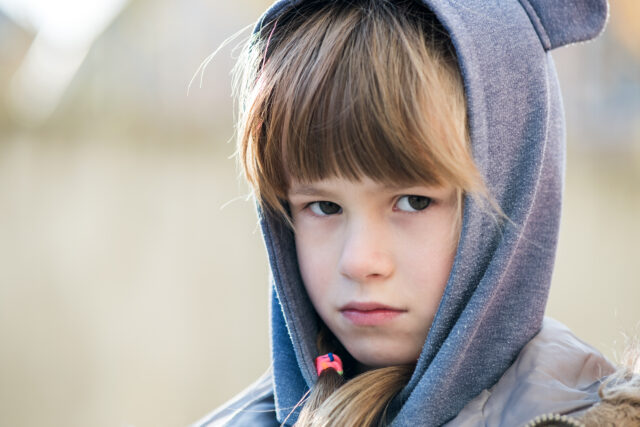
Taking care of other people might have been your role from a young age, and now it’s hard to turn off. You might notice when someone is upset before they even say a word or feel obligated to solve problems that aren’t yours. So much hyper-awareness can leave you emotionally drained.
6. You feel guilty about asking for help.
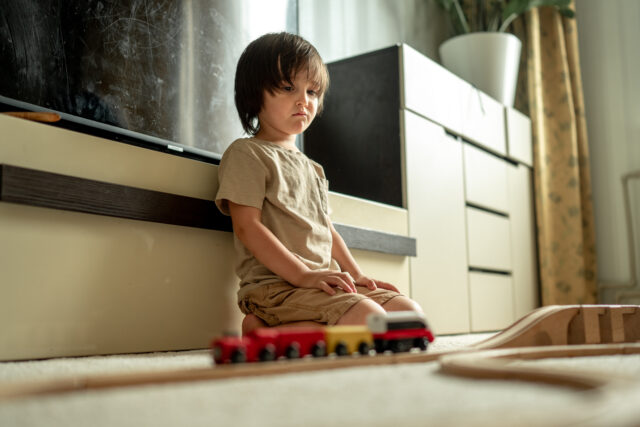
Growing up fast often means learning to handle things on your own, and asking for help might feel unnatural. You might even feel shame or guilt for needing support, as if you’re letting everyone down. It can be exhausting carrying the weight of the world alone.
7. You crave control over your environment.
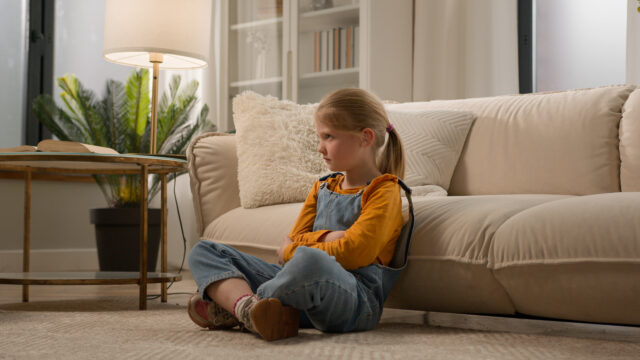
If things were unpredictable during your childhood, you might find yourself needing everything to be “just so” as an adult. Having control over your space, schedule, or decisions can feel like the only way to feel secure. Your need for stability is rooted in a time when things felt chaotic or uncertain.
8. You struggle to connect with your inner child.
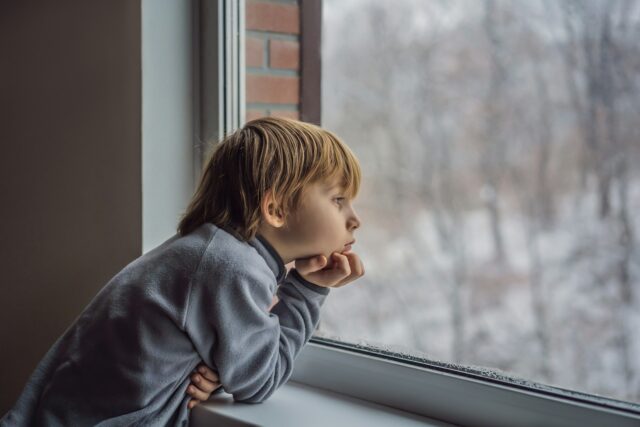 Source: Unsplash
Source: Unsplash When you had to grow up fast, connecting with the playful, imaginative parts of yourself might feel awkward. Activities or ideas that encourage childlike wonder might feel out of reach, even though a part of you wishes you could embrace them. It’s as though that part of you was left behind.
9. You take failure personally.
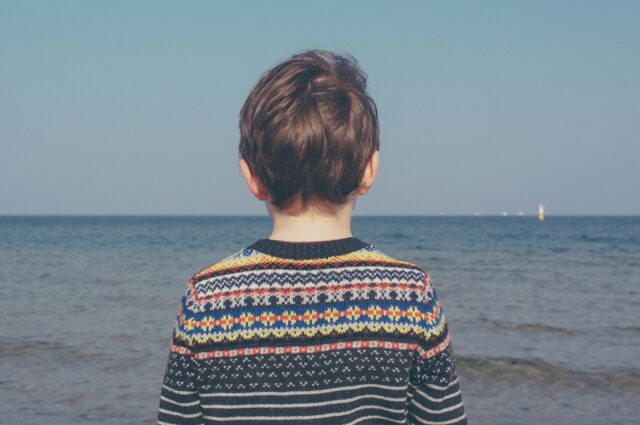 Source: Unsplash
Source: Unsplash If you were held to high expectations as a child, failure might feel like a personal flaw rather than a normal part of life. You may replay mistakes in your head, fearing judgment or criticism even when none exists. This mindset makes it hard to take risks or learn from missteps.
10. You prioritise productivity over rest.
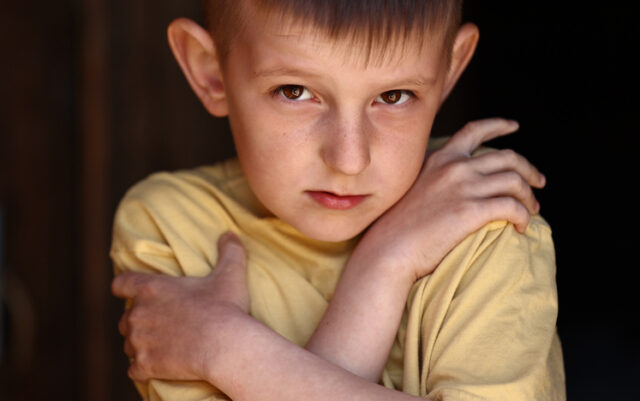
Being productive might feel like the only way to justify your worth. If you were praised for being responsible or hardworking as a child, resting might feel unearned or even lazy. You might struggle with downtime, feeling like you always need to be doing something useful.
11. You feel uncomfortable with vulnerability.
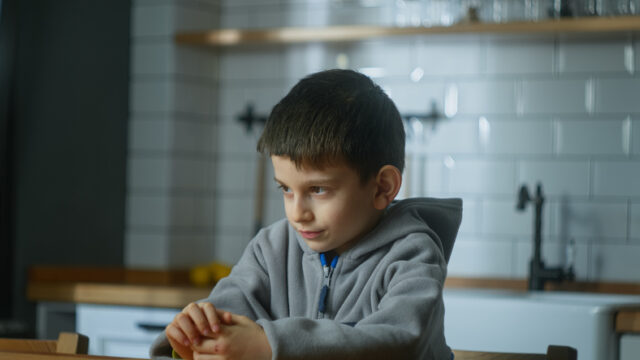
If you were expected to hold it together for the people around you, being vulnerable now might feel risky. Sharing your struggles can feel like weakness, even though it’s a natural part of connection. You might find yourself bottling things up, afraid of what anyone else might think.
12. You over-apologise for everything.

People who grew up too quickly often learned to smooth things over to keep the peace. Saying sorry might come so naturally that you apologise for things that aren’t your fault. It’s a habit born out of a need to keep situations calm and predictable.
13. You constantly worry about “what’s next.”
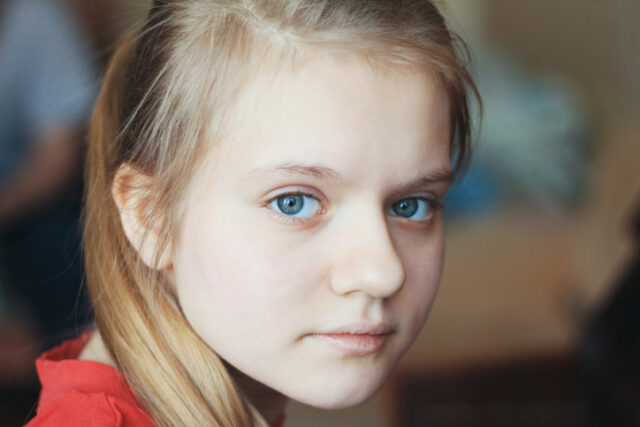
Living with a sense of urgency is common when you’ve had to shoulder responsibility early on. You might struggle to stay present, always planning for the next problem or challenge. All that constant forward-thinking makes it hard to enjoy the moment.
14. You struggle to set boundaries.
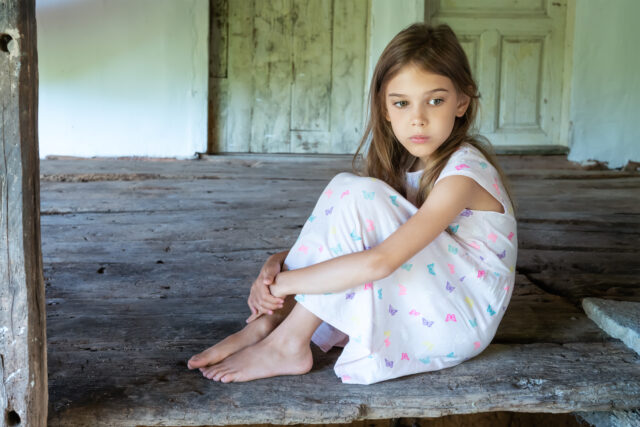
If you were taught to prioritise everyone else’s needs before your own, setting boundaries might feel selfish or wrong. You might feel guilty saying no, even when you’re overwhelmed or burnt out. Sadly, it can lead to resentment and exhaustion over time.
15. You tend to parent your friends or partners.
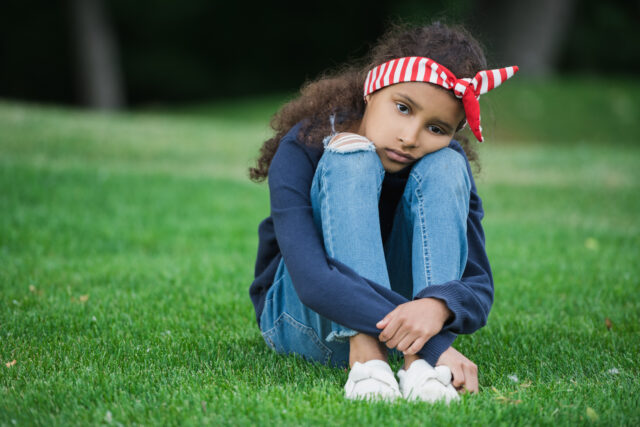
If you were the “caretaker” growing up, that role might follow you into adulthood. You might feel responsible for managing the emotions or needs of those closest to you, even when it’s not your job. It can strain relationships, as you take on more than you need to.
16. You find it hard to celebrate your own achievements.
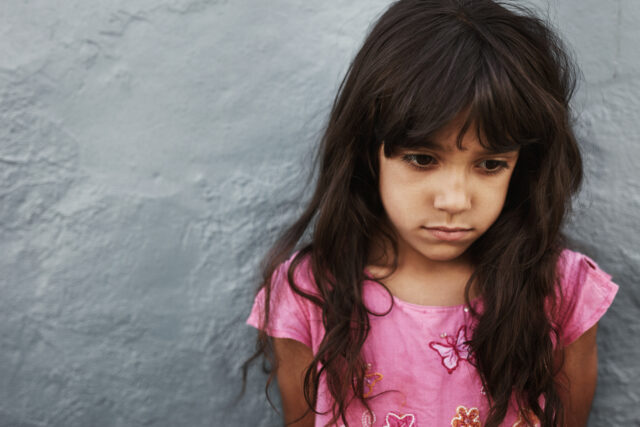
Growing up too fast often means your accomplishments were overlooked in favour of making sure everyone else was taken care of. Now, you might struggle to acknowledge your own successes, brushing them off as “no big deal.” Learning to value your own efforts can be a challenge, but it’s worth it.




